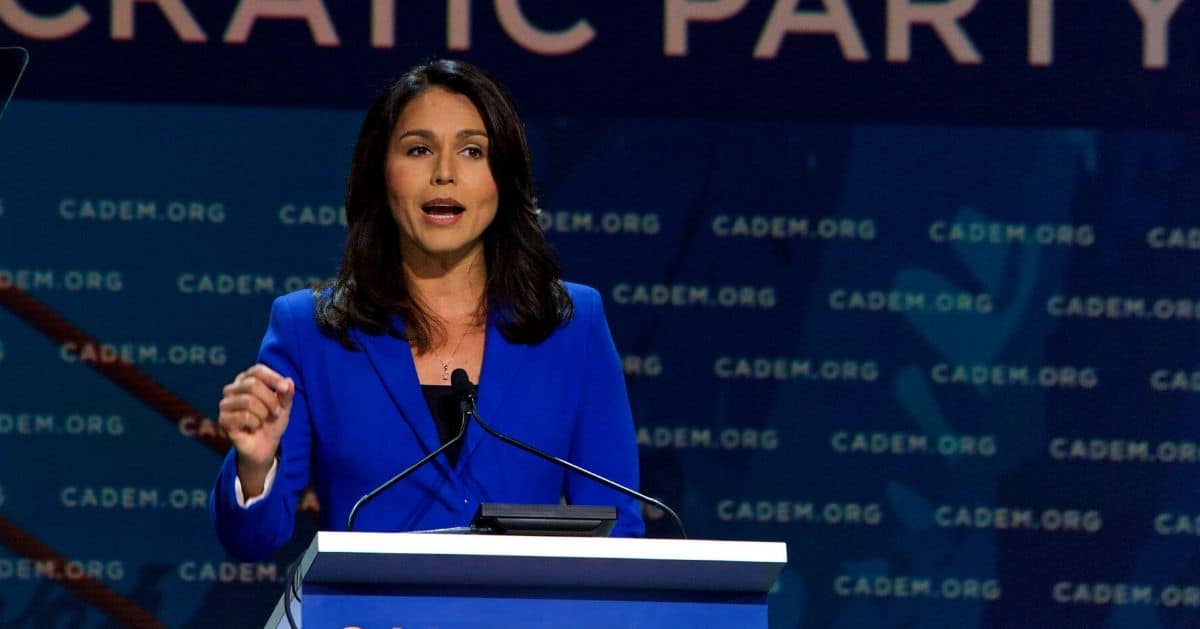






Secretary of State Marco Rubio is diving headfirst into the murky waters of UFOs, or as the government prefers, Unidentified Anomalous Phenomena (UAPs), with a call for serious investigation that’s raising eyebrows across the political spectrum.
News Nation Now reported that Rubio has spotlighted concerns over alleged secret Pentagon programs involving UAPs, fueled by whistleblower claims from David Grusch about a hidden UFO operation, making this a topic that’s no longer just for late-night conspiracy podcasts.
For years, UAPs have been dismissed as sci-fi nonsense, but growing public and governmental interest has shifted the narrative, especially with credible voices like Grusch stepping forward. Now, Rubio is amplifying the need to dig deeper into these shadowy claims.
Rubio, never one to shy away from tough questions, has pointed out that objects are reportedly buzzing over restricted U.S. airspace—objects that supposedly don’t belong to us. If that doesn’t scream national security concern, what does?
He’s not alone in this fight for answers. Multiple whistleblowers, including Grusch, have emerged with allegations of covert UAP programs, and Rubio notes many of these individuals hold or held high-level clearances and key government roles. That’s not the resume of your average basement-dwelling theorist.
“I find most of these people, at some point or even currently, have held very high clearances or very high positions in our government,” Rubio said. With credentials like that, dismissing them as cranks seems more like a convenient cop-out than a reasoned response. Shouldn’t we at least hear them out?
Rubio’s upcoming appearance in the documentary “Age of Disclosure” only underscores how this issue is gaining traction beyond backroom whispers. The film promises to explore UAPs and alleged government cover-ups, and Rubio’s involvement signals he’s not just paying lip service.
Historically, the topic of UAPs has been met with snickers rather than scrutiny, a point Rubio himself acknowledges. But when serious people with serious credentials start talking, it’s time to drop the giggles and pick up the magnifying glass.
“Things are flying over sensitive restricted airspace in the U.S., and they claim it’s not ours. That alone is reason to look into this stuff,” Rubio emphasized. If that’s not a wake-up call to stop treating this as a punchline, then we’re sleepwalking through a potential crisis.
Rubio’s biggest worry isn’t little green men—it’s the possibility that a foreign adversary has made a technological leap we’re unprepared for. That’s not science fiction; that’s a strategic nightmare waiting to happen.
The stigma around UAPs has long kept serious discussion at bay, often relegating it to the fringes of public discourse. Rubio’s push for inquiry challenges that outdated mindset, urging a shift toward transparency over mockery.
After all, if whistleblowers with top-tier credentials are risking their reputations to speak out, shouldn’t their claims be examined rather than ridiculed? Ignoring them won’t make the questions—or the unidentified objects—disappear.
The difficulty in assessing credibility on a subject historically treated as a joke is a hurdle Rubio readily admits. Yet, he insists that the allegations deserve more than a dismissive shrug, especially given the backgrounds of those coming forward.
At the heart of this story is a simple demand: take UAPs seriously. Rubio’s stance isn’t about chasing extraterrestrial fantasies but about safeguarding national interests and ensuring we’re not caught off guard by unknown threats hovering above us.



